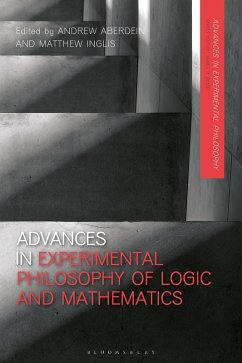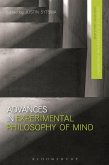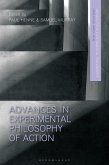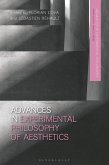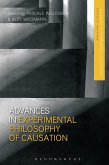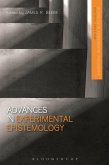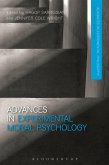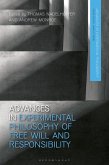This book explores the results of applying empirical methods to the philosophy of logic and mathematics. Much of the work that has earned experimental philosophy a prominent place in twenty-first century philosophy is concerned with ethics or epistemology. But, as this book shows, empirical methods are just as much at home in logic and the philosophy of mathematics.
Chapters demonstrate and discuss the applicability of a wide range of empirical methods including experiments, surveys, interviews, and data-mining. Distinct themes emerge that reflect recent developments in the field, such as issues concerning the logic of conditionals and the role played by visual elements in some mathematical proofs.
Featuring leading figures from experimental philosophy and the fields of philosophy of logic and mathematics, this collection reveals that empirical work in these disciplines has been quietly thriving for some time and stresses the importance of collaboration between philosophers and researchers in mathematics education and mathematical cognition.
Chapters demonstrate and discuss the applicability of a wide range of empirical methods including experiments, surveys, interviews, and data-mining. Distinct themes emerge that reflect recent developments in the field, such as issues concerning the logic of conditionals and the role played by visual elements in some mathematical proofs.
Featuring leading figures from experimental philosophy and the fields of philosophy of logic and mathematics, this collection reveals that empirical work in these disciplines has been quietly thriving for some time and stresses the importance of collaboration between philosophers and researchers in mathematics education and mathematical cognition.

